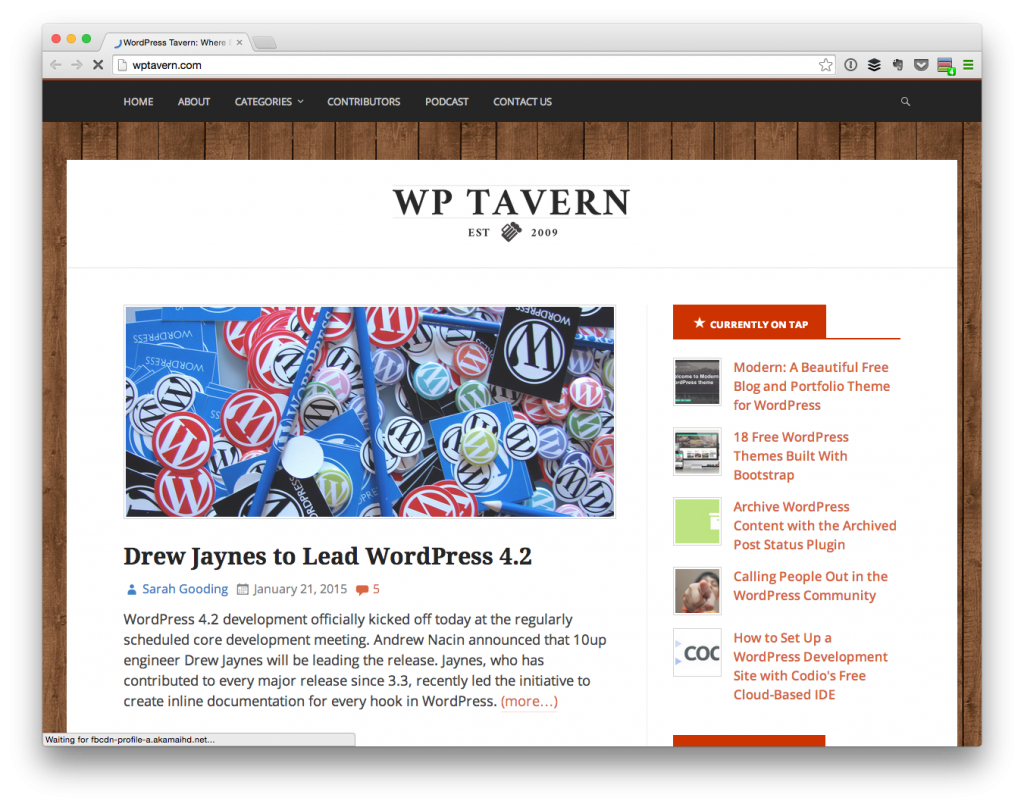One of the challenges that comes with building WordPress themes is that there’s this disposition that we have to want to make sure that for every option in the backend, we have a corresponding option for the feature in the front end.
For example, does the WordPress dashboard support multi-level menus? Yes. We look at that and think that our themes need to support multi-level menus. Same goes for several other options. But why is that?
WordPress is a content management system and not all content is made the same.

